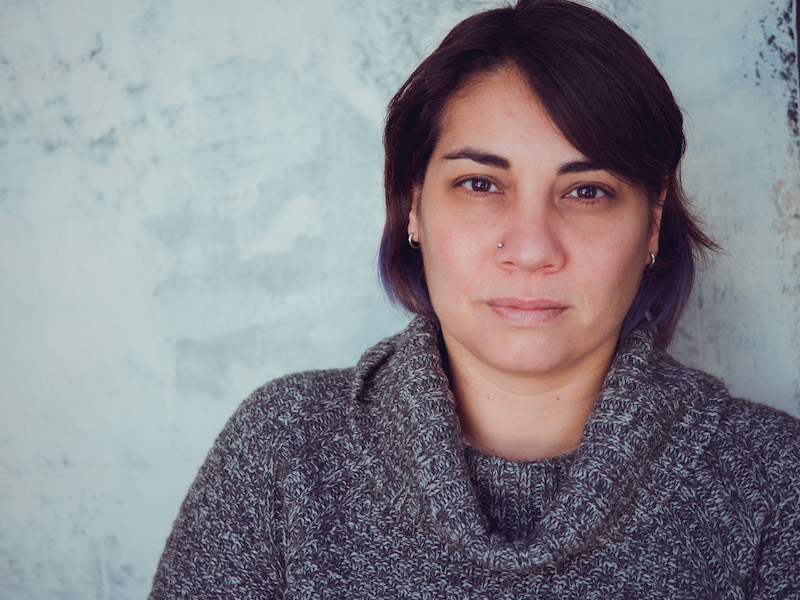The cattle ranchers are also worried about losing some of the younger cattle ranchers because they have more debt, they don’t have as much equity, they haven’t built themselves up. With BSE, the number lost was 27,000 producers in Canada. So, we have a lot fewer cattle producers now — and there’s a real fear we could lose those folks, too. I know that, in my book, people get pretty emotional. I hope that, in Alberta, they don’t get as emotional as they get in the book.
Avenue: Being in Edmonton, we talk a lot about the need to expand our city, to promote urbanization and density. At the same time, rural communities are shrinking. They are losing services, from retail to doctors. Young people raised in rural communities, more and more, want to leave. Your book also deals with that push and pull; the lure of the city versus the responsibility to the family to stay on the farm. Where is the balance between urbanization and preserving our rural communities?
Kienlen: The thing that is interesting about the young people leaving and going to the urban areas is that it’s not just a North American problem. This is a global problem. Who is going to work on the farm? Who is going to be in the small town? It’s a huge issue, when people can lose their doctors and lose their services and could lose their schools. It was just a couple of months ago that someone said to me ‘you’re an ag reporter, I want to talk to you about my school.’ We have such a limited number of pages and it’s not something I could really cover, but there are definitely rural issues out there. This whole pandemic has just brought up the issue that the internet, in a lot of places in rural Alberta, is really sucking. There’s a real need for those communities to have those services,
Avenue: Your book focuses on the fictional Klassen family, and is told through the perspective of two women who live on the farm. How did the story grow? Did the characters ‘speak’ to you?
Kienlen: So there were a few things, I knew I wanted to focus on the women. That was a conscious decision. Gord was going to be the main “dad” (two brothers, each with families of their own, live on the property) on the ranch and I didn’t want to be in his head. I knew I wanted to have the voice of a younger person and a voice of a more middle-aged person … And then I’ve always been interested in the idea of people who don’t want to be in a certain situation. Both Donna (Gord’s wife) and Allyson (Gord’s daughter) are characters who do not really belong on a farm. Donna was in love with the romanticization of [farm life] and she loved her husband, but a farm is not her ideal location. And Allyson is a bookish person who would rather live in a city, which I sort of based on myself.
